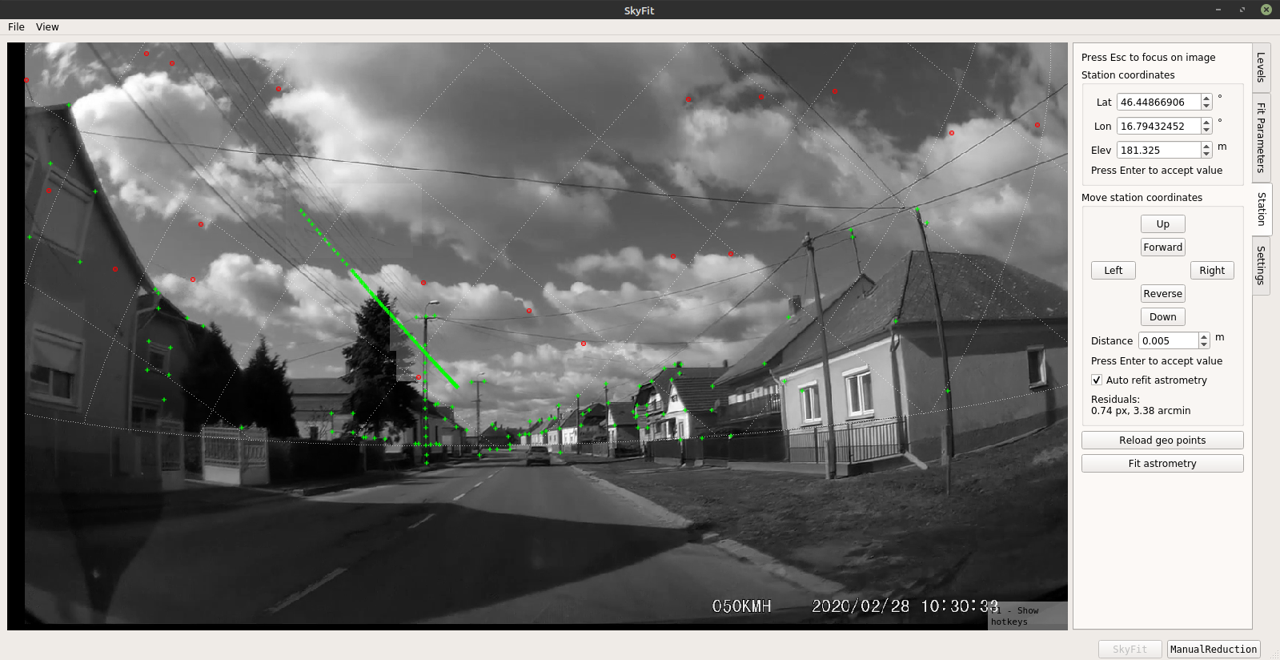For the most part, travelling is a positive, enriching experience, but what should you do in the unlikely event a crisis does occur? Here’s everything you need to know, from staying safe to getting back home.
Published September 28, 2023
7 min read
This article was produced by National Geographic Traveller (UK).
Planning a trip can be equal measures of excitement and stress with all those frenzied pre-departure jobs, from packing bags to finding passports. As hard as it is to quell that enthusiasm, it pays to spend a little time researching the potential risks your destination may pose.
From natural disasters to public unrest, no one expects to encounter a serious crisis while travelling, but it’s often impossible to know when disaster might strike. In the unlikely event that it does, it’s worth knowing how to respond.
What should I do before I travel?
For Britons, start at the travel advice pages on the Foreign Office website. Other countries have similar advice for their citizens. A comprehensive travel insurance policy is also vital (more of which later).
It pays to do your homework ahead of a trip and be prepared for any eventuality. Is the destination prone to earthquakes, hurricanes, flooding or terror attacks? This isn’t about being paranoid, but assessing risk, so if a crisis does occur, it doesn’t come as a total surprise. Being aware you’re in, for example, an earthquake zone will mean you aren’t completely off-guard should the ground shudder.
What to do to stay safe?
In areas of the world where natural disasters are likely, most hotels or guesthouses will have information on what to do in rooms or at reception. Read it and keep it in mind in case you do need to follow it.
Basic things to remember include — head for high ground in case of flooding or tsunami, and head away from buildings in the event of an earthquake if you can, otherwise, drop down and protect your head and neck with your arms.
If affected by wildfires or volcano eruption, evacuate immediately and, if needed, cover your mouth and nose to protect yourself from ash and smoke. In case of a terror attack, assess the situation and either find a safe hiding place or head away as fast as you can.
If disaster does strike, also follow the instructions of local emergency services and prioritise your personal safety. If fleeing a hotel, at most take your passport, but don’t hang around for material possessions.
What’s the advice on getting home after an incident?
Airports may be closed or flights sold out so you should be flexible when deciding plans; for example, taking land transport to a neighbouring country could offer the fastest and safest way to leave. If you have access to the internet, it’s worth checking to see if train routes are still running or whether car rentals are available (only if it’s safe to drive). If not, hotel reception might be able to help.
If flights are operating, you may be able to bring your departure date forward, especially as airlines are trying to improve their flexibility in times of crisis following the pandemic. If your policy cover permits, you could also book an earlier flight with a different carrier, if one’s available, and claim it back on insurance later.
(What should you do if your flight is delayed or cancelled?)
Who should you get in touch with and where do you get information?
Depending on how you booked your trip, you should get in touch with your tour operator, transport provider or travel agent as soon as possible. They will be able to advise you on any alternative travel arrangements and give you the latest information. You should always check that your agent or operator is ABTA and ATOL protected. All ABTA members need to abide by its Code of Conduct, meaning they have an obligation to offer you shelter or alternative accommodation and arrange return travel without any extra charges.
In times of crisis, you may need to seek consular assistance, for example, if you don’t have your passport on you. It’s a good idea to have a contact number and address saved in your phone and on a sticky note in your wallet — you can search for it online before leaving for your trip.
Be aware that national infrastructure, including phone masts and internet connectivity, can fail during a crisis. If you can, contact your travel insurer so they know you’re affected by the incident and will need to claim; otherwise, your emergency contact can also get in touch with the insurer, but they’ll need your policy number. Keep receipts as proof of payments you’ve made so you can be reimbursed.
What shouldn’t you do?
Travellers are no more important than locals, so don’t expect any special treatment or interfere with local relief efforts.
Can I help with disaster relief?
Depending on the degree to which you’re affected, you may wish to try and assist with the humanitarian response. This is admirable, but you should only do so if prompted by local authorities and emergency services to ensure you’re a help not a hindrance and aren’t putting yourself at undue risk or endangering others. Organisations such as the Red Cross are a good place to start.
So, what cover do I need?
The importance of travel insurance can’t be overstated. Even though policy prices have risen in recent years, travelling knowing you have a proper safety blanket offers peace of mind.
A good policy will cover medical bills up to at least £2m in Europe and £5m worldwide. Ensure the policy covers repatriation in the event you need to return home earlier than planned in the wake of a disaster.
All good policies should cover cancellation as well as curtailment of a holiday. At least £2,500 is a good level of protection for short-haul trips and double that for long-haul. Generally, you should also check exclusions, such as high-risk activities and sports. Cruising and winter sports require additional cover.
You should take out insurance at the time of booking a trip or have an annual policy in place if you travel regularly. Make sure to declare any pre-existing medical conditions, otherwise your policy will be invalid and you won’t get any cover. Britons travelling to Europe should also carry a Global Health Insurance Card (GHIC), which is free from the NHS and replaced the European Health Insurance Card (EHIC) after Brexit.
Ben Clatworthy is travel and transport correspondent at The Times.
To subscribe to National Geographic Traveller (UK) magazine click here. (Available in select countries only).
Note: This article have been indexed to our site. We do not claim legitimacy, ownership or copyright of any of the content above. To see the article at original source Click Here













